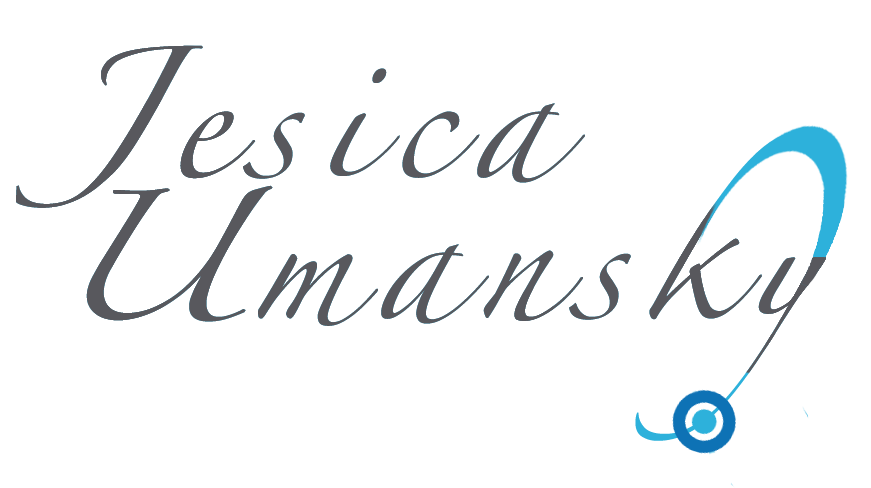“Experience is what you get when you didn't get what you wanted”
RANDY PAUSCH ("The Last Lesson")
Here we are... at the first story of my experience in the United States of America.
I arrived in the United States from Argentina on August 8, 2001 (yes, almost 20 years ago) and my coach Pat Kendrick, a fantastic person, who over the years has become more than a friend, an aunt, picked me up at the airport. She immediately took me to the home of one of the players of the volleyball team, Natalia Torres-Tirado, originally from Puerto Rico and who was the only other player who, like myself, was a native speaker of Spanish. As the campus dorms (accommodation) were not yet available because classes would start in September (but we volleyball players would arrive in early August for preseason), I stayed at Natalia's house for a few days to settle into my new student-athlete life.
Once this first settle-down phase was over and I already moved to university accommodation, university lessons as well as the sports season began, everything in less than a month! One morning, upon returning from my 7.00 economics class, I found a message from my father on the answering machine in the dorm (there were no cell phones yet) asking me to call him back as soon as possible because he was very worried. I called him immediately and with a sigh of relief he asked me to turn on the TV: I saw the cameras of all the news programs aimed at the World Trade Center with the devastating image of a plane glued to one of the towers and immediately after the total collapse of the famous "Twin towers". My father's greatest concern was instead due to the fact that another plane that went off course ended up at the Pentagon which was about 30 minutes from my university and all the way from Argentina, the distance seemed to be just around the corner. For us, however, on the campus of George Mason University, the morning went on normally.
It was already a rough start, but the problems did not end there ... in October 2001, an enormous economic crisis began in Argentina and led to the famous "Corralito" in December and to a ridiculous devaluation of the Argentine peso as to push the country to abandon the dollar parity (which had been in force for 10 years) starting from January 9, 2002. To give you a more concrete idea, at my departure in August 2001, $1 US dollar was worth $1 peso (ARS). During 2002 it was in average 3.11 pesos which is a devaluation of 211% (two hundred and eleven!). This meant concrete problems also for me and my family who could no longer face the payment of a return flight or a substantial helping me with the everyday expenses.
At that point I started looking for the first solutions and I turned to the athletic department to find a job on campus that would allow me to pay for those everyday expenses and maybe save a little money to pay for a return ticket to Argentina. Unfortunately, despite all my good intentions and the student visa that allowed me to work up to 20 hours a week on campus, I discovered that the full-scholarship I was awarded had an NCAA clause (the athletic league George Mason participated in) which did not allow first year student-athletes (Freshman) with full scholarships to work. They felt that being a student-athlete was already challenging enough to add a job to that and that it was a very delicate time of adaptation However, I had already shown during the first semester, that I was an above average student and at the same time able to make an important contribution to the volleyball team, and was capable of carrying on both things without problems; I did not accept their negative response and decided to appeal this provision. With the help of Sue Collins (head of the Compliance office that was the link between the university and the NCAA, the sports league), I filled out a series of forms explaining my particular situation in depth and asked for an exception.
Unfortunately, my appeal was rejected, but the athletic department, through the student-athlete fund, awarded me money to be able to buy clothes and other essential items (food and accommodation were covered by my athletic scholarship) and so I was accompanied by Nina Rogers (director of the student-athlete department) to the mall where, after telling me I had $250 to spend, she helped me make wise choices and paid for all my shopping.
Help also came along the family of my roommate, Katie Gaudreault, who was always very present and helped me a lot during that dark period by inviting me often to their home during the free weekends and for the various holidays such as Thanksgiving and Easter. Moreover, they gave me DVDs, took me to the movies, and made me feel like I had a second family away from home I could always count on. I will never forget a weekend at their house where friends of the family came to visit and we took a walk around the town altogether. At one point, this gentleman friend of the Gaudreaults handed me an envelope telling me that he had known about the situation in Argentina and that he wanted to help me in some way. I don't even remember exactly how much money there was in it, but I still remember perfectly that gesture that has remained with me forever as an example of the importance of helping others when you have the opportunity.
When summer arrived, I decided not to return to Argentina but to stay close to the University to work and thus be fully autonomous. Through my fantastic coach Pat I found work as a personal volleyball coach, babysitter, dog-sitter, house-sitter, painter of poles that are used to attach house sales signs and several other small opportunities. I also found the possibility, together with two other of my international teammates, to rent a room for the three summer months and this way start the real life as an independent adult.
This first experience with important life problems and away from home left an important sign in my life and taught me that there will always be problems to face, especially when undertaking new, unknown-to-many paths, but one thing that I understood there, back in 2001, is that we must not stop until we find valid solutions because there will always be people willing to help and that we can rely on.
Now as an adult who has faced many more life problems to which I have been able to find solutions, I try to be one of those people available to others to help, within my possibilities, to look at the problems with other eyes and help find solutions.


Add new comment